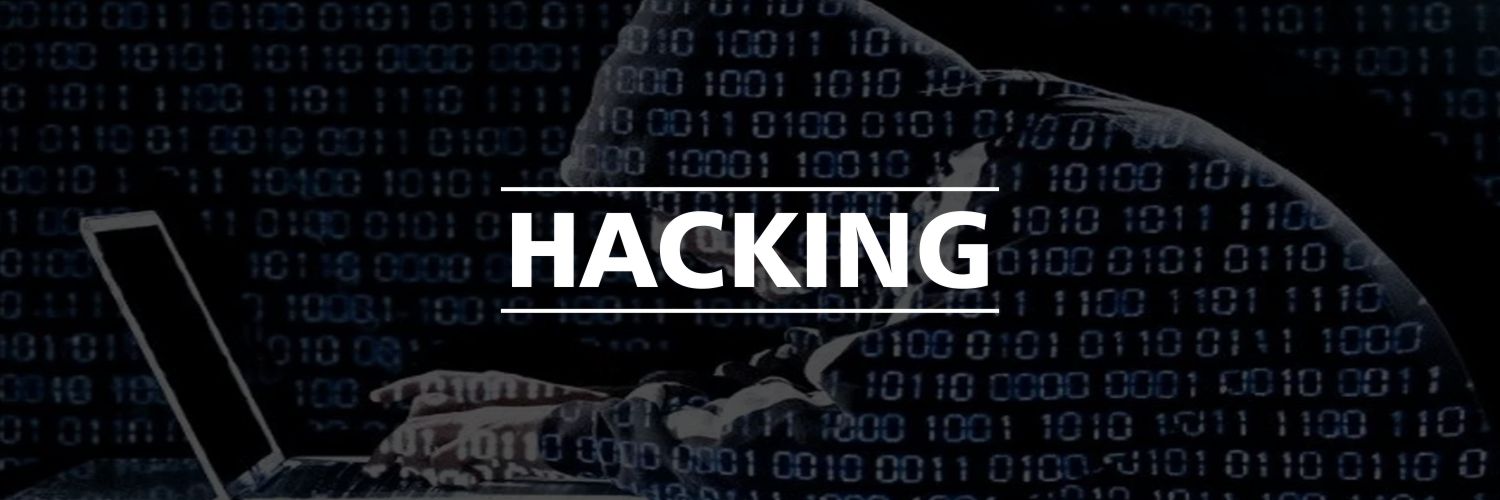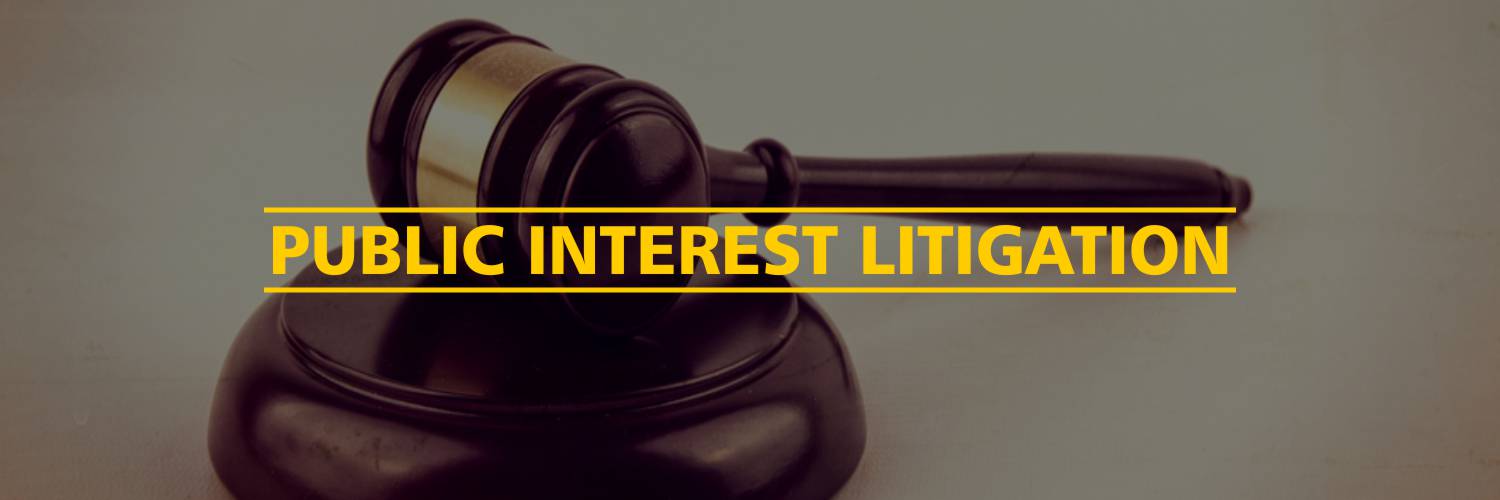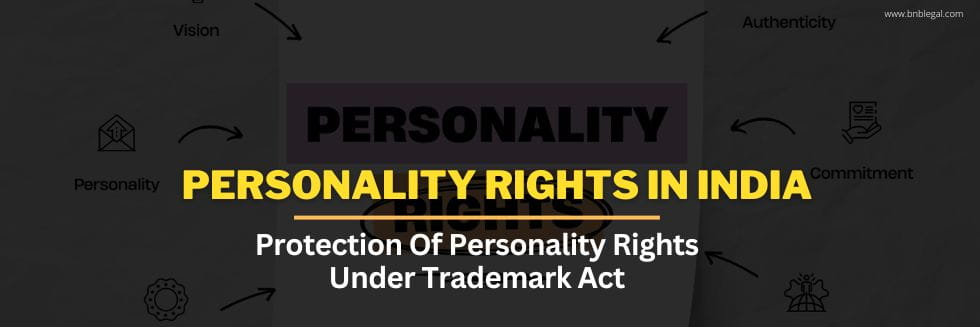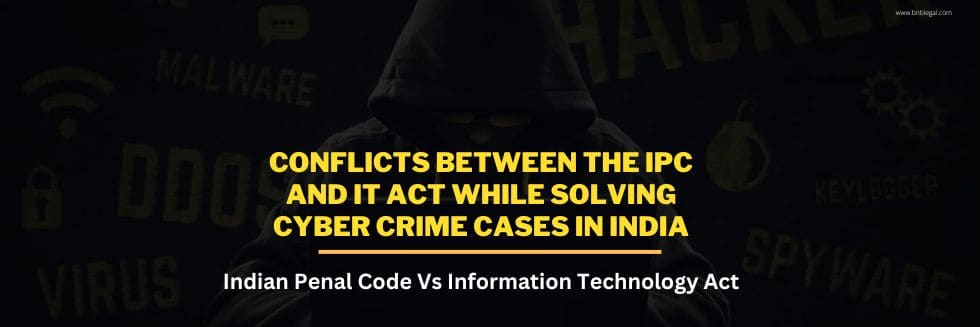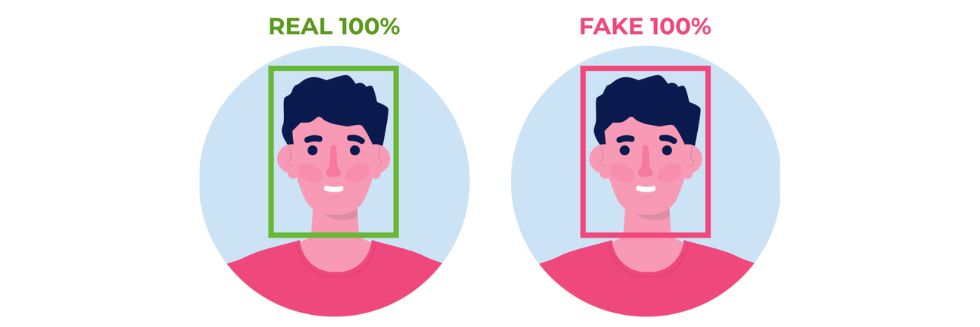Hacking is one of the types of cyber crimes in India. Cyber crimes basically are the unlawful acts that involve the use of a computer either as a target or a tool or both. These unlawful acts are criminal in nature and are subject to the provisions of the Indian Penal Code. Cyber crimes can be of two kinds:
a) Using a computer for attacking other computers i.e. use of a computer as a target;
b) Use of computer as a weapon to commit real world crimes; for example, cyber terrorism, pornography etc.
Hacking is an example of the first category of cyber crimes. The words ‘computer criminals’ and ‘hackers’ are two different term having different meanings. People often take computer criminals to mean hackers. This is because of the negative publicity in the media about hackers that people hate hackers and have a negative attitude towards them.
In actual, hackers are the people who are very intelligent and use their skills in a constructive and positive manner. They assist the government in protecting national documents which are of strategic importance. They even help the companies and organizations to maintain the confidentiality of information and documents and also sometimes help in dispensing justice by extracting out electronic evidence. These are the people who work or say help in keeping computers criminals on run. Generally, hackers are the computer programmers who secure documents, maintain network systems etc. Therefore, in an ordinary sense, any person who has a good hand on programming is a hacker.
Ankit Fadia, who is a great mastermind of India in the field of ‘Hacking’, has said:
“Traditionally, hackers were computer geeks who knew almost everything about computers and were widely respected for their wide array of knowledge. But over the years, the reputation of hackers has been steadily going down. Today, they are feared by most people and are looked upon as icons representing the underground community of our population.
The people who are indulged in stealing credit card numbers, troubling people, stealing and leaking out confidential information from computers and alike activities of criminal nature are in actual computer criminals.
Crackers are the persons who do have an authority to access but do so with a malicious intent to harm the security of the network.
Remedies in Law
The Indian Law tries to protect us and our information. A complaint can be filed before cyber crime authorities in your city under the sections mentioned below.
Section 43 of the Information Technology Act: Penalty for damage to the computer, computer system, etc.- a person who is found guilty under this section shall compensate the affected person but such compensation should not exceed 1 crore.
Section 66(2) states that whoever commits hacking shall be punished with imprisonment up to three years, or with fine which may extend up to two lakh rupees, or with both.
You can also file a complaint online with a national level NGO (ANTI HACKING WELFARE SOCIETY, INDIA) through the link provided below:
http://antihackingsociety.com/Register-a-complaint-about-hacking.aspx
If you are a victim of hacking you are required to have the following information:
- Server Logs;
- Soft and hard copy of defaced web page, if your website is defaced ;
- If data is compromised on your server or computer or any other network equipment, soft copy of the original data and soft copy of compromised data;
- details of who had what kind of access to the compromised system ;
- List of suspects – if any;
- All relevant information leading to the answers to following questions –
- What? (what is compromised)
- Who? (who might have compromised system)
- when? (when the system was compromised)
- why? (why the system might have been compromised)
- where? (where is the impact of attack-identifying the target system from the network)
- How many? (How many systems have been compromised by the attacks)
All IoT (internet of things) including smart video conferencing systems, smart fridges etc. are prone to hacking. Even the wifi passwords, email-ids, bank accounts, debit cards and credit cards, computers, software etc. could be hacked.
